"I have no wish to be a Great Lady"
"No, a decision that must be reinforced whenever you look in the glass"
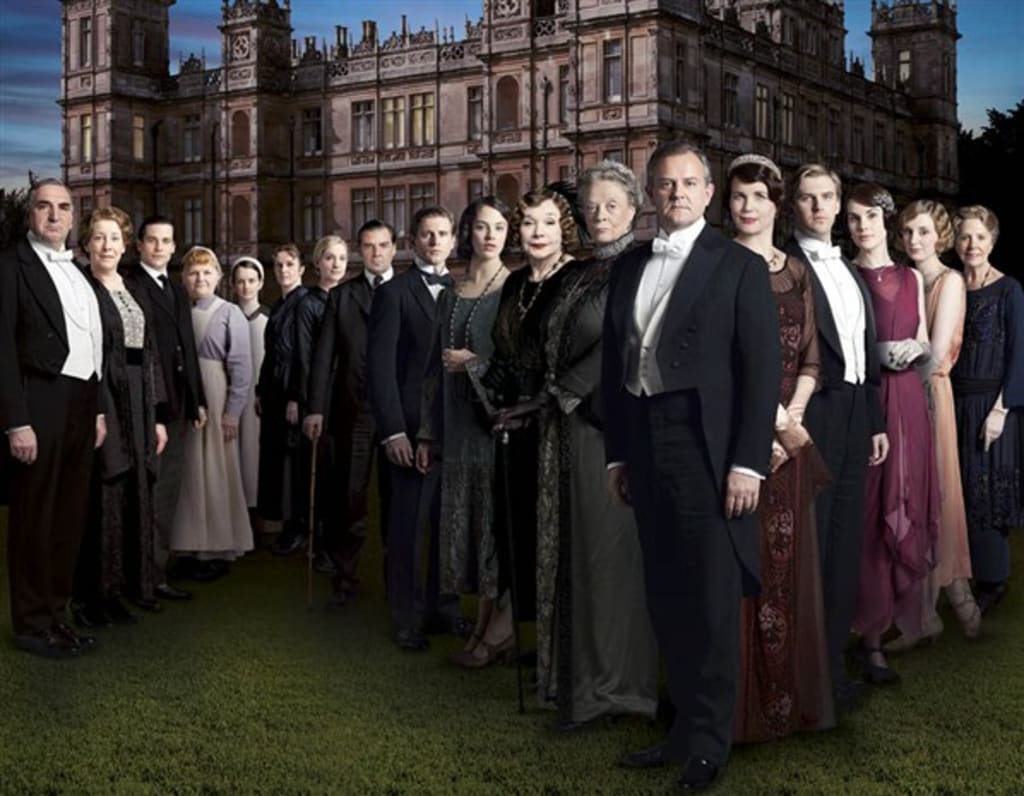
When it first came out on television in 2010, I was glued to every single episode. I watched the whole drama which stretched from 2010 to 2015, and just recently, in 2019, I watched the film (at least three times over!). The whole setup absolutely fascinates me and even though the story itself is fiction, the drama is based on the very real Edwardian Era (which is my favourite time in history). Buying all six series plus the film, I watch them over and over again, almost like a student studying history. I am, of course, talking about Downton Abbey!
Written by Julian Fellowes, who also wrote Gosford Park, and having Alastair Bruce as the historical advisor, the drama is like watching history in motion. The details which have gone into every single series are spot on which makes the whole story believable. Being filmed in a real castle --- Highclere Castle --- also made all the difference. The costumes are very ‘true’ to the Era they are meant to represent and a few were actually real dresses from the Edwardian Era. The way they showed the change in fashion from before the First World War and after was very clever and accurate. The change in attitude towards and by women is shown clearly, especially by the daughters of the Lord, and the way in which life in general changed comes over extremely well.
Then there is the whole Upstairs and Downstairs ‘thing’ which so many of us are gripped by. The rich family lived Upstairs and the domestic servants worked Downstairs. Watching how the two ‘classes’ intertwined every single day, is the best history class I will ever attend. Starting with the sinking of the Titanic and going through World War One and further, the drama ‘mixes’ real life historical events with a fictional story --- but --- some of the story is based on real events!
If you have never seen Downton Abbey (which is a possibility), the drama is based around the Crawley family and the servants who work for them. Some of the main characters are:
Lord Grantham / Robert Crawley owns Downton Abbey and he is the head of the family Upstairs. He marries Cora, a rich American, firstly for her money but the couple eventually fall in love. Cora becomes the Countess of Grantham on her marriage to Robert. The couple have three daughters, the eldest being Mary, the middle daughter is Edith and the youngest is Sybil. Each daughter had the title ‘Lady’ before her name because their father is a Lord --- Lady Mary, Lady Edith and Lady Sybil. Then there is Lord Grantham’s mother, the Dowager Countess, Violet, who is a character we love to love. Sometimes the question is --- who is in real charge of the Family? Robert or his mother, Violet? When Robert’s heirs go down with the Titanic, Matthew Crawley and his mother, Isobel, come on the scene as Matthew becomes the new heir.
Downstairs we meet:
Mr.Carson, the butler, who has been with the ‘Family’ since he was a young footman and who runs the house with Mrs.Hughes, the housekeeper, and who has every key to every door of the house. The cook is Mrs. Patmore who’s ‘assistant cook’ is Daisy. There are several maids and footmen who come and go, as well as Lady’s maids and valets.
Dr.Clarkson is the village doctor who plays an important role for both the Family and their servants. Plus, there are several other ‘characters’ who come and go during the drama --- Martha Levinson (Cora’s mother), Sir Richard Carlisle, Lady Rosamund (Robert’s sister), Sir Anthony Strallon, Denker and Sargeant Willis --- to name a few.
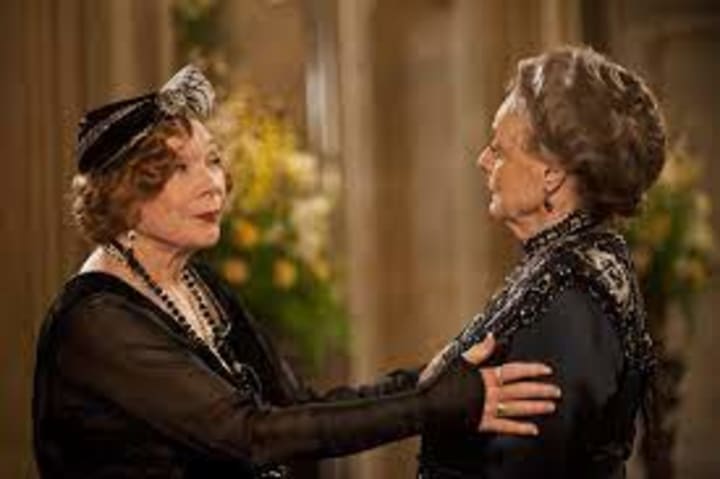
The quote which I chose as the title for this article, was a quote by Martha Levinson to Violet, the Dowager. As mentioned before, Martha is Cora’s mother, who considers herself “a modern American Girl” and who, like Violet, believes she has the right to ‘meddle’ in her granddaughters’ lives. Martha comes over for Mary’s wedding and Rose’s (a young cousin) ‘coming out’ and she leaves her stamp on the series. Picture the scene: it’s late in the evening and Rose’s ‘coming out’ ball is still going on. Leaving the young ones to dance the night away, Violet and Martha go to bed, meeting at the top of the stairs before turning in. Violet asks Martha if she is going to be the next Lady Aysgarth (Lord Aysgarth had been paying court to Martha) and Martha replies: “I have no wish to be a Great Lady”, to which Violet replies: “No, a decision which must be reinforced whenever you look in the glass”, (or mirror). The two older ladies ‘respect’ each other but ‘give as good as they get.’
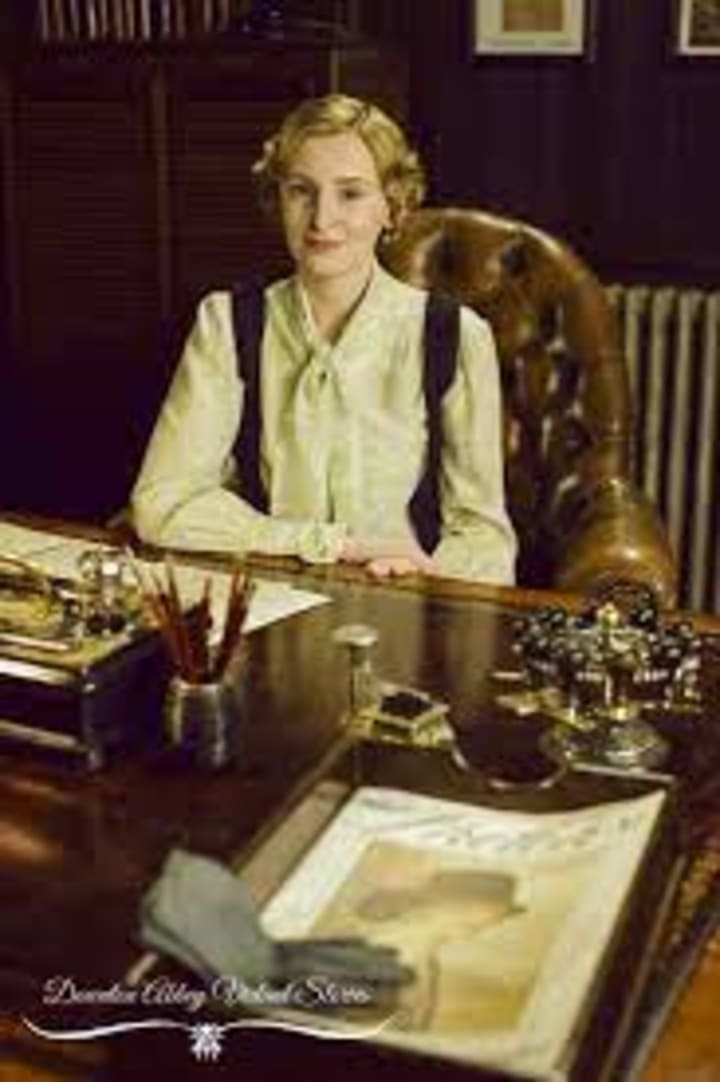
A favourite character of mine is Lady Edith, Lord and Lady Grantham’s middle daughter. She was always overshadowed by Mary, the eldest and more beautiful, but always close to Sybil, the youngest, who was always sweet and ambitious. Bad luck seemed to follow Edith, who was jilted at the altar and who seemed ‘doomed’ to be the spinster ‘who helped her prettier relations.’
Life started to change for the better for Lady Edith when she started to take charge of her own life. Against the wishes of her father, Edith started to write a column for a magazine. She met the editor, fell in love with him (Micheal Gregson), slept with him --- and fell pregnant. This whole episode is puzzling to us today as children born out of wedlock are a normal part of life. Back then, however, to become pregnant out of wedlock was looked at as something shameful and, if found out, ruined a woman’s life, rich or poor. The whole drama of her love being killed, and Edith having the baby and trying to keep her little daughter near her, is interesting to watch and very much based on many true and similar events. Edith takes over as owner of the magazine and we see her turn into a very strong, young woman who eventually marries Lord Hexham, becoming a Marchioness and outranking Mary. It is quite refreshing to see Edith win over her older sister, and to hear her say: “she who laughs last, laughs the longest.”
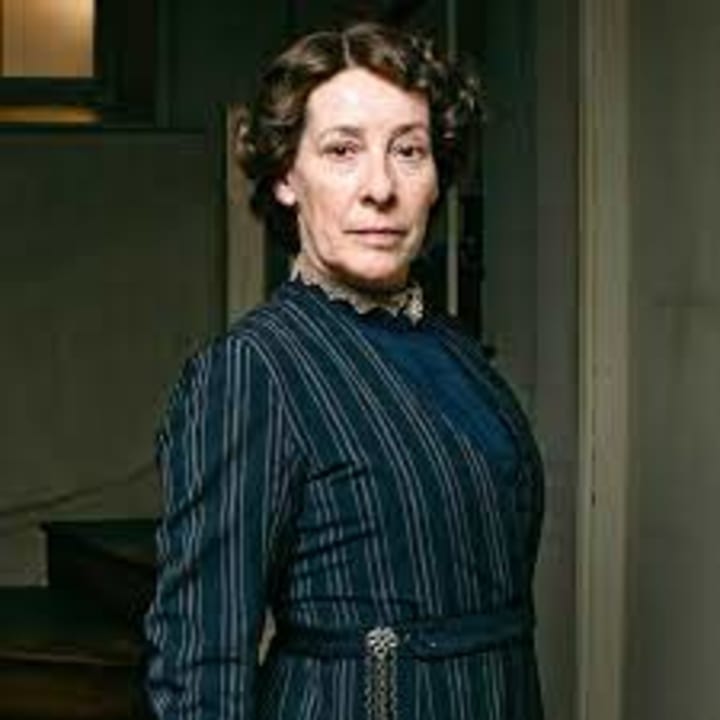
The housekeeper, Mrs.Hughes, was quite a character. Like all housekeepers of the day, she ruled the female staff ‘with a rod of iron’ and yet, I am always surprised when she shows her human side. The story is: Mrs.Hughes came to Downton Abbey as head housemaid and worked her way up to housekeeper. Although being addressed as “Mrs”, Elsie wasn’t married, the title being used as a mark of respect, (very much like Mrs.Patmore, the cook who also was not married). However, as the drama unfolds, Mr.Carson, the butler, and Mrs.Hughes fall in love and get married, but Elsie keeps the name Mrs.Hughes within the household to save confusion. The reason I’ve mentioned Elsie is because she becomes a part of a very real ‘drama’ which still affects us in this Century.
In series three, Mrs.Hughes discovers a lump in her breast and confides in Mrs.Patmore, who insists that Elsie goes to see Doctor Clarkson. The doctor does several tests and takes several samples and then they have to wait a month for the results (and it is a very long month for Mrs.Hughes). Lady Grantham finds out and tells Mrs.Hughes that if the worst does happen, the “Family” will look after her. This ‘touches’ Elsie who, although she does not worship Upstairs, this certainly gives her a new respect for them. When the tests come back, we find out that Mrs.Hughes does not have breast cancer, and even Mr.Carson is relieved (even though he wasn’t actually ‘supposed’ to know). Back then, it was almost definitely a death sentence to have any type of cancer. Today, we are lucky that, with treatment, more women live than die when it comes to breast cancer. I love it when Mrs.Hughes says: “I may not be a woman of the world, but I don’t live in a sack.” Elsie may have been in Service her whole life, but she knew something about the outside world.
There is no doubt that Downton Abbey is a masterpiece and will be popular for many years to come. I think I’ll write ‘a series’ of articles on Downton Abbey because there are so many fascinating characters and interesting stories about a time gone by --- but a very real part of Edwardian history!
About the Creator
Ruth Elizabeth Stiff
I love all things Earthy and Self-Help
History is one of my favourite subjects and I love to write short fiction
Research is so interesting for me too

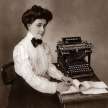


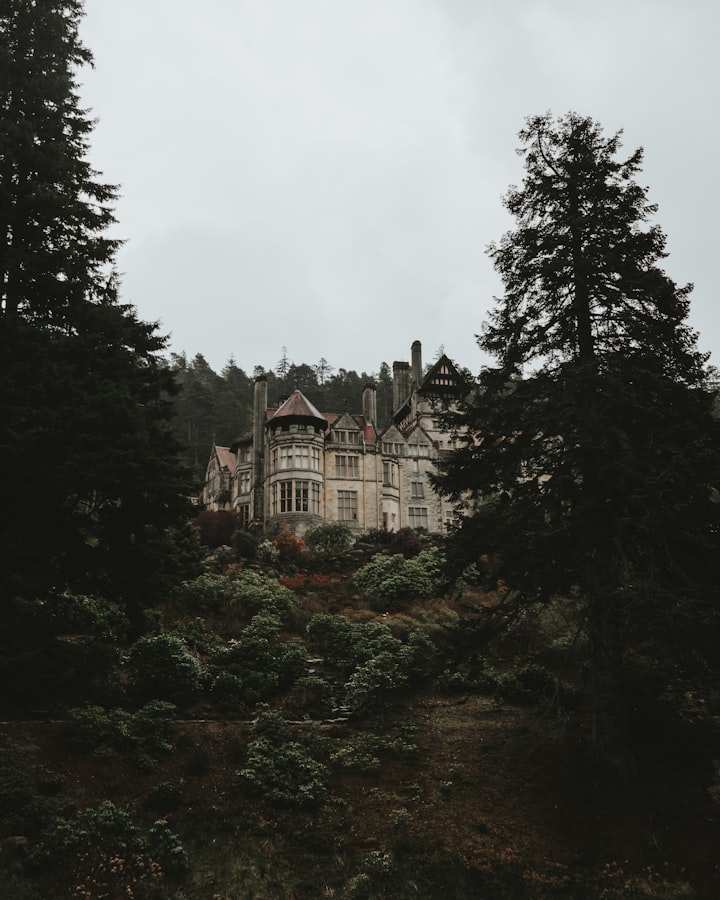

Comments
There are no comments for this story
Be the first to respond and start the conversation.